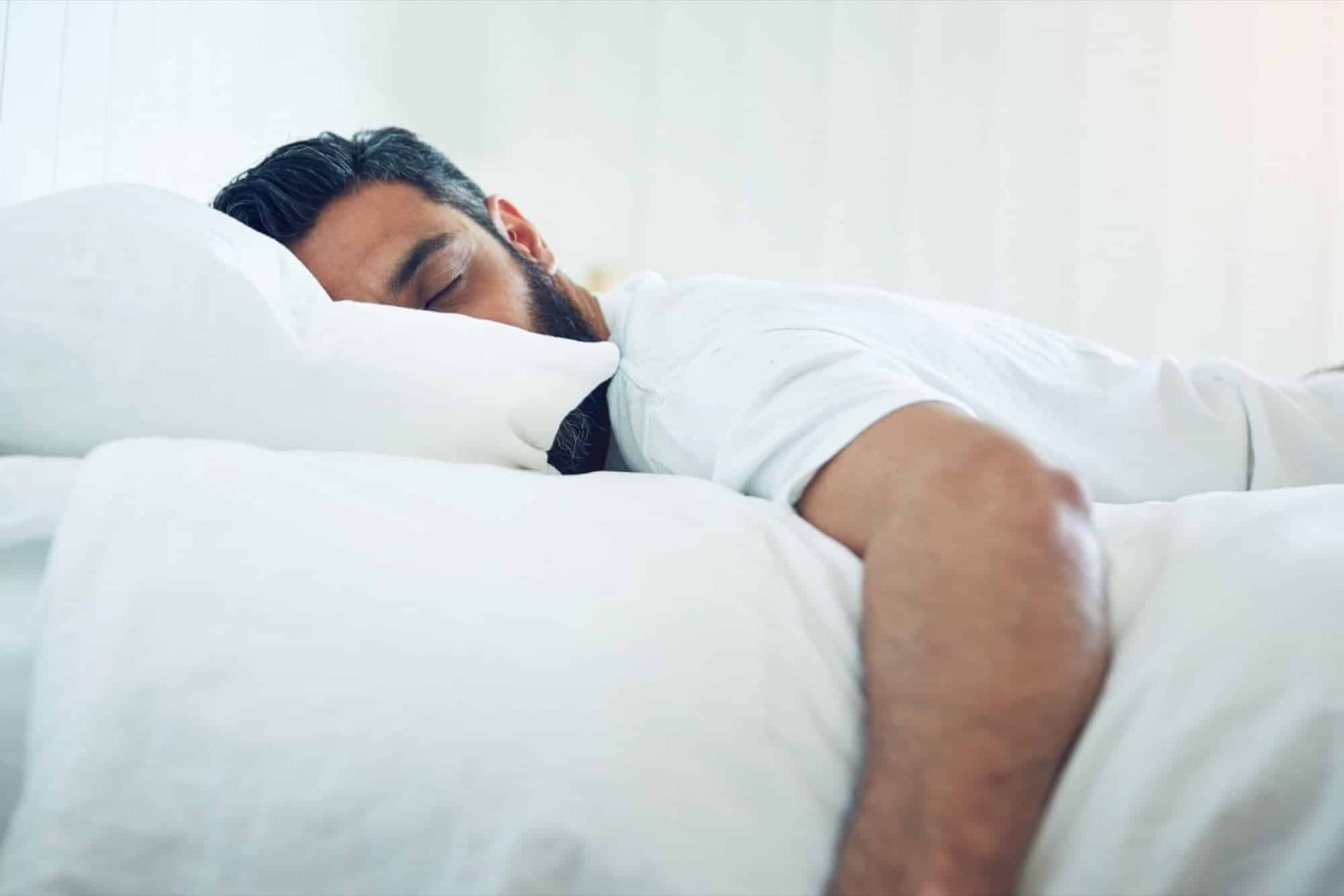
Although some think the most difficult part of veterans’ lives is while they are in action, veterans themselves come to discover that the battle is yet not over when they have returned to peace. In fact, for many veterans PTSD is a common struggle and its effects can be felt for months or even years after they’ve waved goodbye to their active mission. Having said this, a majority of veterans face serious trouble when it comes to sleep, with experiences ranging from restless sleep to full-blown insomnia spanning throughout their nights. It may seem there is no solution for this, but there are actually a few remedies that veterans can try in order to finally achieve that much coveted good night’s sleep:
1. Engaging In Cognitive Behavioral Therapy For Insomnia
Veterans can easily recognize if they’re suffering from PTSD if they dread sleeping, instead of rejoicing in the idea of it, if they have trouble getting to sleep, waking up too early or staying asleep, if they feel sluggish for months at a time and even if they wake up gasping for air. Once they pin down these symptoms and assess them as effects of PTSD, they can then continue by enrolling in cognitive behavioral therapy for insomnia (CBT-I).
This type of therapy is in fact talk therapy and does not include any medications, which scientists have proved to be more beneficial for a person’s overall well-being in the long-term as compared to medicine-based therapy. This type of therapy teaches veterans new and healthy sleep behaviors, while also teaching them to rewire their brain into easily converting negative thoughts to positive, more constructive ones. Veterans will also learn relaxation skills that can enable them to lower their tension and stress levels, which in turn will facilitate a smoother process of falling asleep.
2. Considering Long-Term CBD Treatment
What so many people still don’t know is that CBD or cannabidiol is the non-psychoactive active ingredient in cannabis that has been proven by scientists to lower anxiety and decrease depression. CBD has already successfully been used in both these patients and those being affected by the powerful grasp of PTSD.
Veterans can consider following a long-term CBD treatment to reduce the symptoms of their PTSD, of course, only after consulting their physician and therapist and finding the right amount for them. In a culture ridden with marijuana-centred controversies, certified websites, such as PureHempFarms, are the only way to go in order to ensure veterans only get premium and organic plants.
3. Getting Regular Exercise, Minding the Diet and Spending Time Outdoors
There is a trifecta of steps that are beneficial to everyone looking to raise their overall well-being, get a better night’s sleep and improve their health, let alone to PTSD-suffering veterans who have trouble sleeping. Having said this, there are numerous studies showing how engaging in regular physical activity increases blood flow, helps the brain release endorphins and increases core temperature. These all help the mind decompress and the body relax, which ultimately facilitate sleepiness.
Spending time outdoors facilitates sleeping as well, as it actually resets the body’s internal clock, by tuning into nature’s organic light-dark cycles, as opposed to the artificial light the body’s typically subjected to while being indoors. Apart from this, the outdoors also provides the body with much-needed fresh air, vitamin D from direct sun exposure and a fair share of improved blood flow.
A healthy and balanced diet also plays its fair part in achieving a good night’s sleep. Veterans should avoid heavy meals a few hours before going to rest and need to consider introducing certain sleep-facilitating foods into their daily diets. Walnuts, almonds and pistachios, tart cherries and kiwis, rice and fatty fish have all been proved to be conducive to a more restful night’s sleep. Veterans looking to sleep better should also curb their alcohol and cigarette intake and definitely limit their caffeine levels, since it can significantly thwart quality sleep.
Veterans dealing with sleep issues are certainly in for a rough ride which requires discipline in changing and acquiring new habits, as well as patience in waiting for the results to set in. However science is there to positively back up all the steps recommended above and many veterans have managed to overcome these great hurdles in their lives and return to a more peaceful emotional setting. These are only three of the steps that veterans can tackle in their striving to get better rest at night, with plenty of other techniques and solutions to follow in order to complete this type of treatment. All in all, there is hope in sight and restful sleep is achievable for any veteran out there searching for peace of mind.
ATTENTION READERS
We See The World From All Sides and Want YOU To Be Fully InformedIn fact, intentional disinformation is a disgraceful scourge in media today. So to assuage any possible errant incorrect information posted herein, we strongly encourage you to seek corroboration from other non-VT sources before forming an educated opinion.
About VT - Policies & Disclosures - Comment Policy



